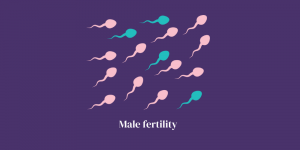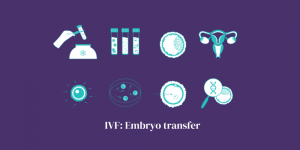Q: I am in my late 30s / early 40s. Is it too late to freeze my eggs?
A: It all depends on your ovarian reserve.
Anti-Müllerian hormone (AMH) and antral follicle count (AFC) are the most common ovarian reserve tests. If you are in your late 30s or early 40s and you are not sure when you will start your family, it is best to get your ovarian reserve assessed as soon as you can. You can then discuss your options with a fertility doctor.
Q: I have low AMH. Is it possible to increase my egg production?
A: No.
This is because you are born with all the eggs you will ever have. Your supply of eggs decreases over your lifespan – by the time you hit puberty, the number of eggs you have decreases to 300,000 – 400,000. After your mid-thirties, the rate of decline in the quantity and quality of your eggs accelerates.
If you have low AMH, regardless of your age, it is best to discuss your options as soon as you can with your fertility doctor.
Q: Are there any health implications with egg freezing?
A: Egg freezing is a safe process in general. However, it is worth knowing that some women may feel bloated or experience ovarian hyperstimulation syndrome (OHSS). It is important to choose a credible clinic and make sure that you understand the process yourself before you start the medical procedure.
Q: I couldn’t decide when to do egg freezing. What should I do?
A: Remember: the earlier you freeze your eggs, the higher your chances of success will be later on.
If you could not decide when to freeze your eggs, the first thing is to get your ovarian reserve assessed and have a gynaecological examination. If you are young, healthy and your test results show that you have a good ovarian reserve, then you have a bit more time before freezing your eggs. Otherwise, it is best to get the journey started soon.
If you have any more questions on egg freezing, please get in touch at support@littlebeanjourney.com.















